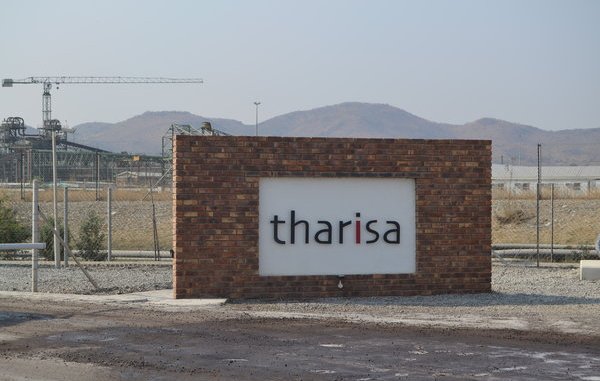Salene Chrome Zimbabwe (Private) Limited, a subsidiary of Tharisa, remains on care and maintenance as of the financial year ending 30 September 2024. Despite delays in the start-up of operations, Salene Chrome is maintained as a key future project and continues as an ongoing concern.
By Ryan Chigoche
Tharisa has determined that no additional impairment is required beyond the previously assessed value of US$2.3 million for its Salene Chrome Cash Generating Unit (CGU).
In mining, impairment refers to a reduction in the carrying value of an asset or group of assets when their recoverable value falls below their recorded value on the company’s balance sheet. This usually occurs due to prolonged operational delays, significant drops in commodity prices, or changes in market conditions that impact the asset’s ability to generate future cash flows.
For Salene Chrome, regular impairment assessments are conducted, especially when operational environments change, such as delays in start-up or fluctuations in chrome demand.
As of 30 September 2024, the company conducted an impairment review to evaluate whether the carrying value of its Salene Chrome CGU, standing at US$2.3 million, should be adjusted.
The impairment test focused on two primary metrics:
- Value in Use: The present value of future cash flows expected from the asset, considering projected income, expenses, and the time value of money.
- Fair Value Less Costs to Sell: The estimated price obtainable from selling the asset in its current condition, minus associated costs such as transaction fees and taxes.
In this case, the fair value of US$2.3 million exceeded the value in use, validating the carrying value and eliminating the need for further impairment adjustments. This suggests that, despite operational challenges, Salene Chrome’s assets retain sufficient value to justify their current valuation.
Salene Chrome holds significant mining rights in Zimbabwe’s Great Dyke region. In May 2018, the company was granted several special mining grants on the eastern side of the Great Dyke, covering 11,900 hectares. It also holds licenses for 12,400 hectares on the western side of the Dyke. These grants are located within Zimbabwe’s Special Economic Zone (SEZ), which offers key investment incentives such as duty-free importation of raw materials, reduced tax rates, and freedom to export and import capital.
These SEZ incentives create a favourable environment for mining operations and attract foreign investment, positioning Salene Chrome strategically within Zimbabwe’s mining sector.
Tharisa has already invested US$2 million in Salene Chrome’s initial exploration and metallurgical test work. An internal discounted cash flow model projects a net present value (NPV) of US$6.9 million for the eastern mine, assuming a seven-year life of open-pit mining. These projections highlight the project’s long-term potential despite delays in starting full-scale operations.
In addition to Salene Chrome, Tharisa owns Karo Resources, a major platinum group metals (PGM) exploration company in Zimbabwe. Together, Salene Chrome and Karo Resources form a key part of Tharisa’s strategy to diversify and expand its mining footprint in Zimbabwe.
While Salene Chrome’s operations remain temporarily halted, Tharisa maintains a positive outlook for the project. Its strategic location within Zimbabwe’s SEZ, coupled with a significant resource base in the Great Dyke region, provides a strong foundation for future operational success.
Furthermore, Tharisa’s dual focus on chrome and platinum through Salene Chrome and Karo Resources positions the company to capitalize on growth opportunities in both sectors in Zimbabwe.
Tharisa continues to monitor developments and will make adjustments as necessary to ensure the long-term viability of its Zimbabwean assets.
Tharisa is a leading integrated chrome producer with operations in South Africa and Zimbabwe. Through Salene Chrome Zimbabwe, the company holds valuable mining rights in Zimbabwe’s mineral-rich Great Dyke region.




